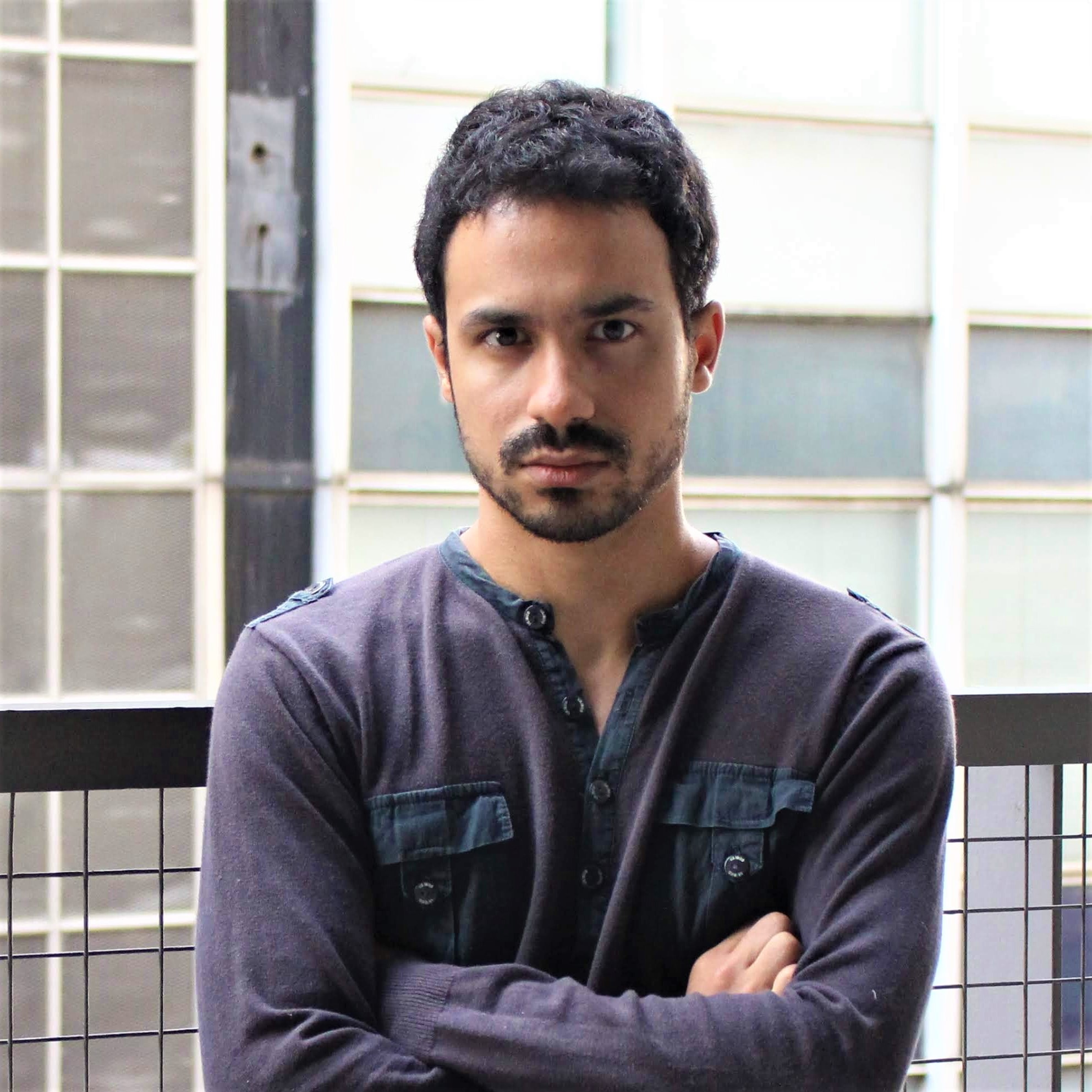Collaborator
Guilherme Ribeiro, 1994, is a young Brazilian composer. He graduated in composition at the University of São Paulo in 2019, and is currently developing his Master’s research (since 2020), at the same institution, in Creative Processes, Composition and Sonology, under the guidance of Prof. Silvio Ferraz, whose research line is the Extended Instrumental Technique in Contemporary Music. Ribeiro’s compositions have already been presented in places such as: Sala Cecília Meireles, Theatro São Pedro, Municipal Theatro Municipal de São Paulo (Salão Nobre), MAC Ibirapuera, Sesc Paulista, among others. As a composer, he received national and international awards, such as: XXII Bienal de Música Brasileira Contemporânea, XXVIII Panorama da Música Brasileira Atual, 25º Programa Nascente da USP, II Atemporánea Festival (Buenos Aires, Argentina), among others. During his graduation at USP, Ribeiro carried out a Scientific Initiation research (2016-2018), under the guidance of Silvio Ferraz, with a FAPESP grant, entitled: Extended Technique as the Primary Material of Music Compositon. This research resulted in national and international participation in meetings: 25º SIICUSP (São Paulo), III Simpósio Internacional CESEM (Lisbon, Portugal), VIII Encuentro Internacional de Compositores (Santiago, Chile), XXIX Congresso da ANPPOM (Pelotas), 5º EnCom (Londrina), 2nd NCMM 2021 (Lisbon, Portugal). As well as resulted in the publication of an article in Revista Vórtex, vol. 5, no. 1 (2017). While still under graduation, in 2017, Ribeiro was selected for a research exchange scholarship (Santander/USP) and developed work at Universidade Nova de Lisboa under the supervision of Prof. Isabel Pires. At the same time, since 2018, Ribeiro has been publishing ‘dialogues about today’s musical creations’ in his program DENTREIDEIAS (dentreideias.com), with international projection and performance. Currently (2021), Guilherme Ribeiro is a FCT research fellow in Lisbon (Portugal) and develops his work together with CESEM and ESML, under the guidance of Prof. Carlos Caires.

